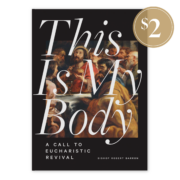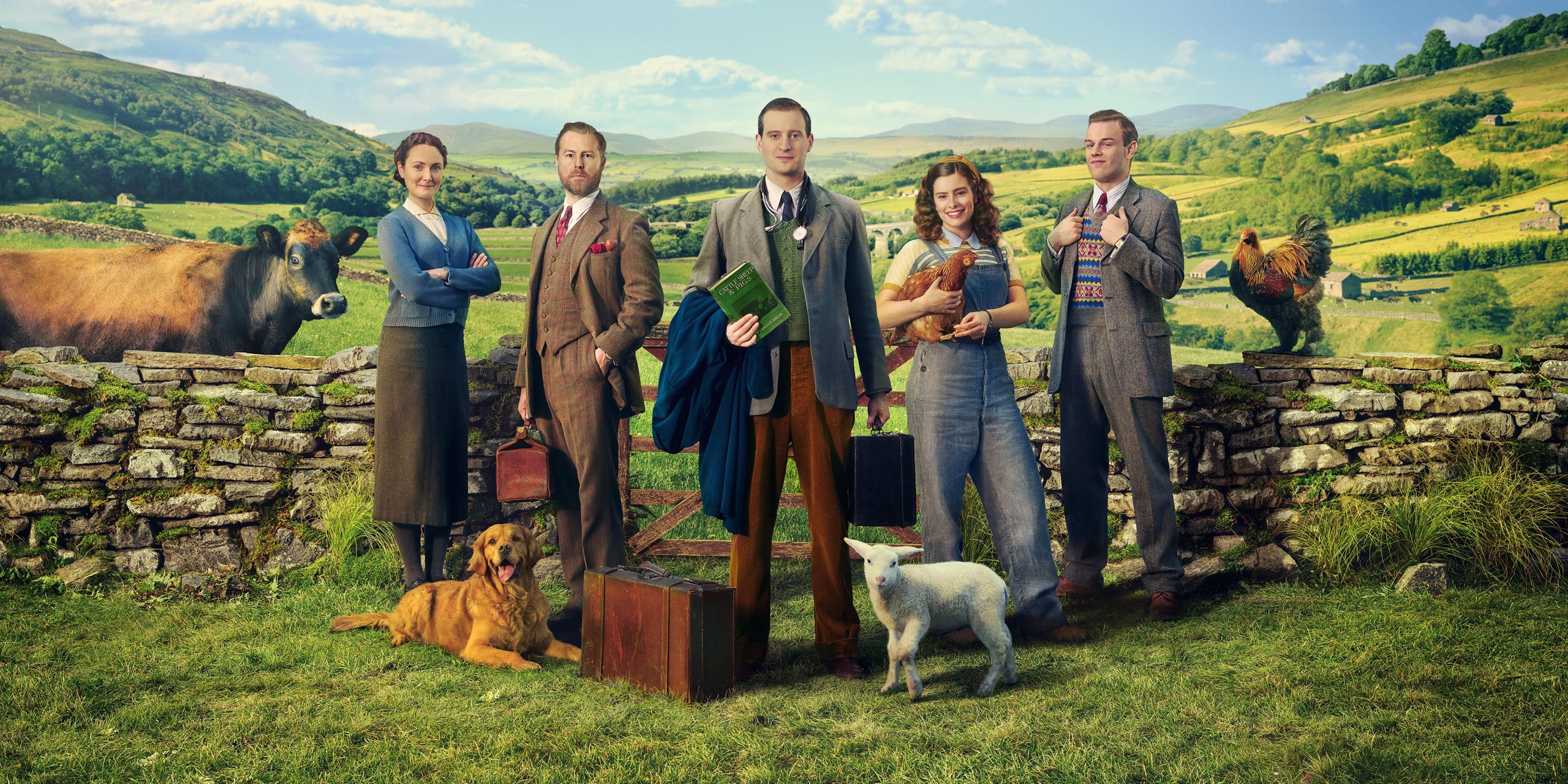As millions of people watched Super Bowl LVI from their homes on Sunday evening, my family and I travelled back in space and time from ours. I am told that the Super Bowl was itself part nostalgia and part fantasy-fest, with a bevy of 90s R&B artists at halftime, commercials featuring the metaverse and the new Tolkien show for Amazon, and victory by a team that left Los Angeles during my childhood and has recently come back. But we were somewhere that felt much more significant and relevant, in the Yorkshire Dales in the late 1930s for the finale of season two of All Creatures Great and Small, a Channel 5/PBS drama based on the beloved books by James Herriot.
Some people may remember the earlier BBC series, which ran from 1978-1990; but this one is a cut above, making full use of the now standard large budgets for the kind of surefire period drama pioneered by Downton Abbey. Written by Ben Vanstone and directed by an assortment of British television veterans, both seasons of All Creatures Great and Small have been consistently wholesome without being saccharine, and refreshingly romantic while never veering into unchastity. Every episode is about choosing to love a place, thereby making it and all its inhabitants more loveable. In the fictional village of Darrowby, opportunities to grow in virtue lurk around every corner.

All Creatures Great and Small is a show about the land, its animals, and its earthy people. It is an exploration of being at home; and despite the period dress, lack of modern technology, and old-fashioned village values, All Creatures Great and Small is a journey deeper into reality, rather than an escape from it. In Darrowby, man submits to nature whether he wants to or not. Families live and die by the crops they raise, and they cherish the animals that accompany them in the fields and in their homes. They utterly depend, therefore, on their local veterinarians, led by the curmudgeonly Siegfried Farnon (Samuel West), his freewheeling brother Tristan (Callum Woodhouse), and the newly qualified young Scotsman, James Herriot, played by the previously unknown Nicholas Ralph, whom viewers may recognize from the 2021 C.S. Lewis biopic The Most Reluctant Convert.
All Creatures Great and Small is a journey deeper into reality, rather than an escape from it.
Herriot is the pseudonym of Alf Wight, whose novels depict many of his real experiences as a veterinarian in rural Yorkshire from the 1930s to the 1980s. At the heart of Wight’s stories is his wife, a local farmer’s daughter, whom he named Helen Alderson in the fictionalized account. The show takes liberties with the original novels in setting up romantic tension between Herriot and Alderson, played by Rachel Shenton, who is betrothed in the first series to a local aristocrat named Hugh Hulton, played by Matthew Lewis from the Harry Potter films. Herriot not only wrestles with his love for a woman already spoken for, but he must face the pain of disappointing his Glaswegian parents who desire his eventual return north. Herriot finds a real vocation in the Yorkshire Dales that cannot be easily abandoned. He is not perfect, but he is usually patient to make the right decisions, even where he must take pains to restrain his passions—very rare on television these days.
Herriot’s busy life takes him from delivering calves on a remote farm to babysitting a noble woman’s prized pooch in a stately home. In his free time, Herriot enjoys a cozy life and valuable real-world mentorship from the Farnon brothers, as well as the kindness and frank counsel of their housekeeper, Mrs. Hall, wonderfully depicted by the Shakespearean actress Anna Madeley. Again, in Mrs. Hall, we see the absolute superiority of practical wisdom over theories and ideas. Life is hard, but it is made easier and more worthwhile through companionship around the hearth in the evenings, hearty meals on holidays, town festivals, and at least the memory of the Church—on this last element, check out the touching Christmas special at the end of the first series.

All Creatures Great and Small takes its name from the beloved nineteenth-century English hymn by Cecil Frances Alexander, whose text is a simple but elegant expression of natural theology. In countless shots of various geographical wonders and wildlife of Yorkshire, the show exhibits the hymn’s seventh stanza:
He gave us eyes to see them,
And lips that we might tell,
How great is God Almighty,
Who has made all things well.
God is God. Nothing is outside his scope, and everything declares his glory. Fittingly, the music throughout the series, by the prolific British film and TV composer Alexandra Harwood, captures the indomitable joy one feels looking out over the same sacred pastureland again and again.
At the end of the second season, the world is about to get a lot bigger and more complicated for the people of Darrowby, as World War II is set to begin. At the same time, the story of James and Helen’s life together appears to be really taking off. Fortunately, the show has been renewed by Channel 5 for seasons three and four, and we look forward to new episodes in the States in early 2023. Maybe it will even be an alternative to the Super Bowl again next year. In any case, All Creatures Great and Small is essential viewing for anyone who wants to avoid the artificiality of twenty-first century spectacles and find deeper meaning for today’s world in old-fashioned life on the land, animals and all.
The Series Two Christmas special airs this Sunday night on local PBS stations. All fourteen episodes of both seasons of All Creatures Great and Small (including the Christmas specials) are available via PBS Passport, or can be rented or purchased on various platforms.
